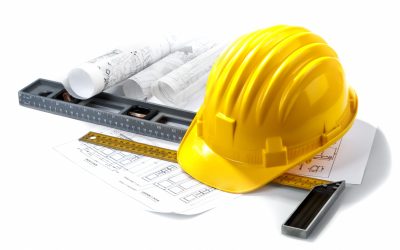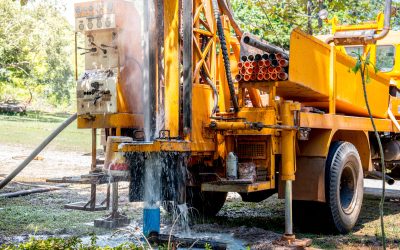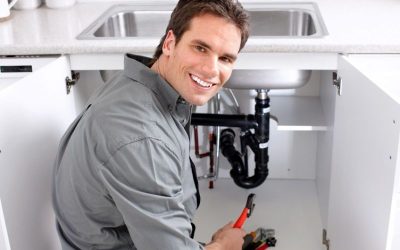Many homeowners consider choosing vinyl siding for the outside of their new or renovated home, and there are many advantages from never having to paint your home again to being a low-maintenance option. However, vinyl siding also has a number of disadvantages, so it is crucial to weigh the pros and cons before making your decision:
- Durability
Vinyl siding is definitely a more long-term option. Vinyl lasts a very long time, but some older vinyl siding contains a chemical mixture to block UV rays, which deteriorated the material over time. Customers can choose to purchase a better quality grade of vinyl, but it’s only durable as long as it is maintained well. Vinyl can also lose its durability, because since it expands, it needs to be hung loosely. However, if it is hung too loosely, wind can get underneath the vinyl siding and lift a panel from the wall.
- Life cycle
More homeowners are making more environmentally conscious decisions about the products they use in their homes. But it is important to look at different criteria when considering how conscious a type of construction material is, including manufacturing, transportation to the site, toxicity in use and disposal after use. On the upside, vinyl can be recycled pretty easily, but it is thermoplastic, so it takes on new shapes when heated. On the other hand, the manufacturing process is very toxic, and the material requires a long transportation to a worksite. It can actually travel thousands of miles from one country to another.
- Maintenance
Vinyl doesn’t require any paint, but it can be painted if you want. Vinyl siding should also be washed every year to maintain its appearance.
If you are looking for vinyl siding in NJ, look no further than Premier Building.



